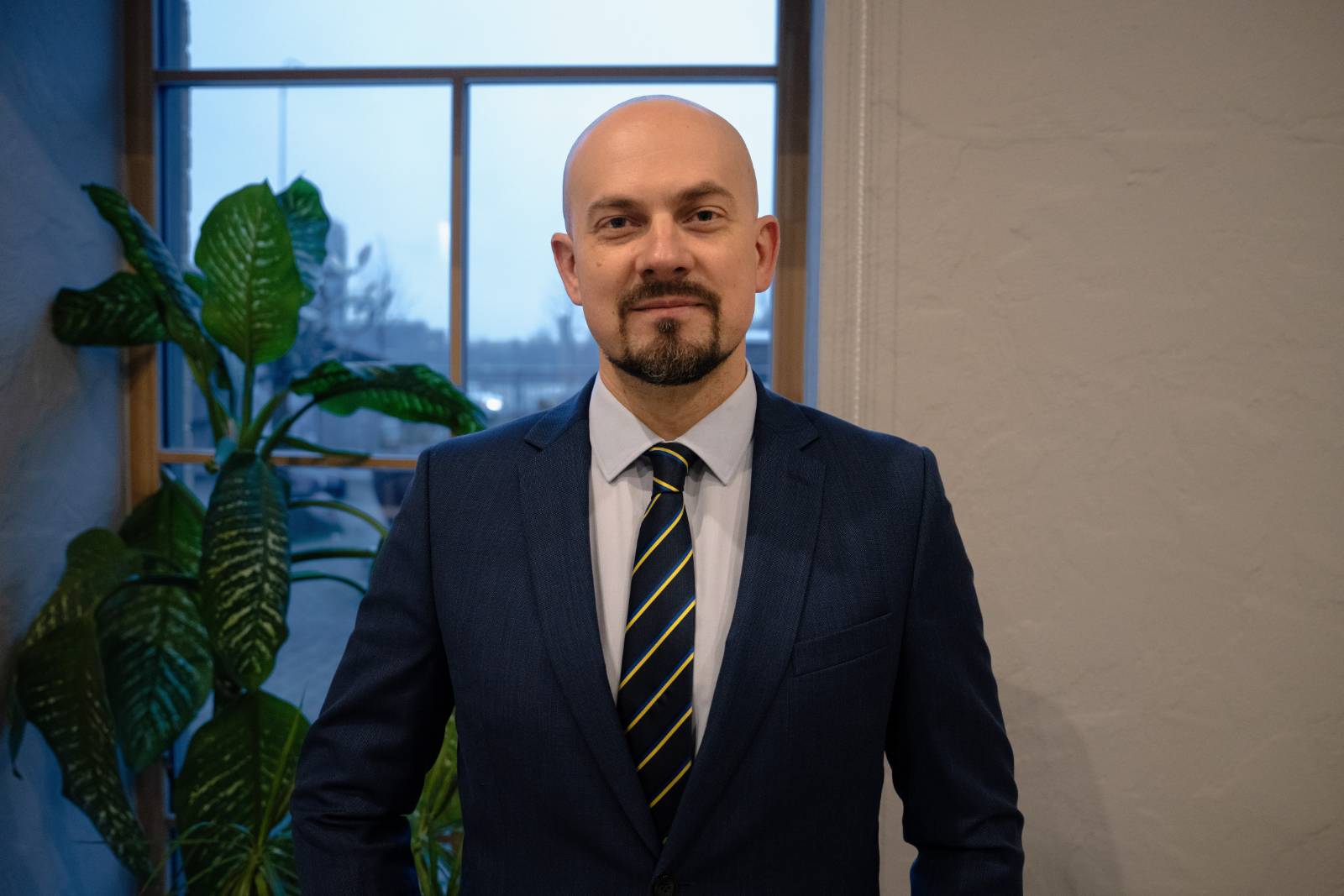27.02.2025
Medicines are needed both in everyday life and in times of crisis: what should individuals and the state do?

Foto:
Crisis, panic – these are words we hear and use a lot these days. A crisis in the availability of medicines has been observed in European countries for several years, and only the competence and diligence of professionals in their work can guarantee that most episodes of medicine shortages go unnoticed by Latvian residents and responsible officials, as they are prevented in a timely manner. This is achieved by pharmacists and professionals working in pharmacies and pharmaceutical supply companies. Nowadays, the word “crisis” has taken on a completely different meaning.
Every time you hear the word “crisis,” you think “preparation,” you think about what you or your loved ones could do to avoid it. In addition, we have our own experience with the COVID-19 pandemic, and we can also learn from the Ukrainians, who are open about their views on these issues.
What should individuals do? What should the state do?
I have mentioned several times that access to medicines is also a matter of national security – we will only be as safe as the most vulnerable member of our society, who may be a chronic patient requiring daily medication who lives, for example, in Ape, Ance, Viļaka or Ruba. There are hints all around us that it is time for us in Europe to grow up – no “good uncle” or “fairy godmother” will take care of us anymore, so I urge you to apply this statement to yourselves when it comes to obtaining medicines, because the state, at least at present, has not been able to organize itself in such a way that residents at least feel that someone will take care of their medication supply in an emergency. And I am not talking about medicine reserves for disasters, the army or to ensure the basic functioning of hospitals – ordinary citizens do not have access to these medicines, which the state claims to take care of.
Of course, it is possible that everyone takes care to ensure that the medicines prescribed by their doctor are available for three months, but once the medicines for this period have been purchased, they must be obtained for the next three months. Do family doctors have the option of prescribing medicines again and again? Do patients have the ability to purchase them? I believe that this issue needs encouragement and a framework, while at the same time urging residents to store medicines properly and use them responsibly.
In order to prepare for the indisputable availability of medicines in various crises, the state must be aware of the above and start planning access points for providing medicines to the population in crisis situations (for example, in Estonia, these are not only pharmacies, but also family doctors’ practices, evenly distributed throughout the country). Furthermore, a stockpile of crisis medicines must be organized for potential use by the population. And public procurement that is stored until its expiry date and then disposed of is not suitable here – a systematic approach to stockpiling the necessary medicines must be developed, as is done in Estonia (in cooperation with a private partner with specific expertise in this area). What’s more, the Estonian case tells us that even in small everyday “crises” of medicine shortages such medicine reserve systems work very well – by taking a responsible decision, an immediate or long-term shortage of a medicine in the medicine stockpile system can be replaced by putting it into circulation and then replenishing it at the next opportunity. This is government action.
Action and preparation “from below”
It is customary to look to the government, the state, the European Union, NATO, etc. for answers, but there are things that entrepreneurs and professionals, with the help of thinkers, scientists and creators, can do right now on their own. At present, without clear signals and guidelines on how to further develop cooperation systems in crises, the think tank “Healthcare System Resilience” and professionals in the field, the first step has been taken – an awareness guide for pharmacists and pharmacy staff has been created.
As highly qualified professionals with the most extensive knowledge of medicines, pharmacists are undoubtedly the most accessible healthcare professionals in the country, which is both an opportunity and a responsibility. Pharmacists are aware of their responsibility to the public, so they ask questions and take an interest, while safety professionals respond and educate. I predict that such internal algorithms for action and specially prepared knowledge handbooks will be necessary in virtually all areas that provide services that are important to society, until the state has had its say – by preparing special regulations that would facilitate work and provide opportunities in any crisis.
Information – the most important thing
I believe that information is the most important thing we can provide to our citizens. In these turbulent times, information is equivalent to peace of mind. I therefore believe that the state must now work to ensure peace of mind for its citizens by preparing a clear plan setting out the points of stability in crises when it comes to supporting healthcare and an understanding of the necessary measures for organizing crisis medicine reserves; it must be recognized that pharmacies have been an excellent resource up to now – a source of support and stability for residents, therefore, the state must finally start looking at pharmacies and their employees in a different light – as partners in cooperation with the public and as an important part of the team of healthcare professionals serving the public.



